October 11th, 2023 | Blog
SENSE. STEAM, Joseph and Tbilisi
Georgia’s capital Tbilisi is a place that invites you – or a least it invites Joseph, Velvet’s digi team lead – to keep coming back. In the first week of October a project, SENSE. the new European Roadmap for STEAM education, took him there. We took the opportunity to speak with Joseph shortly after the trip to gather all the fresh impressions.
Scroll down to read his thoughts on education, international cooperation and the power of mindset.
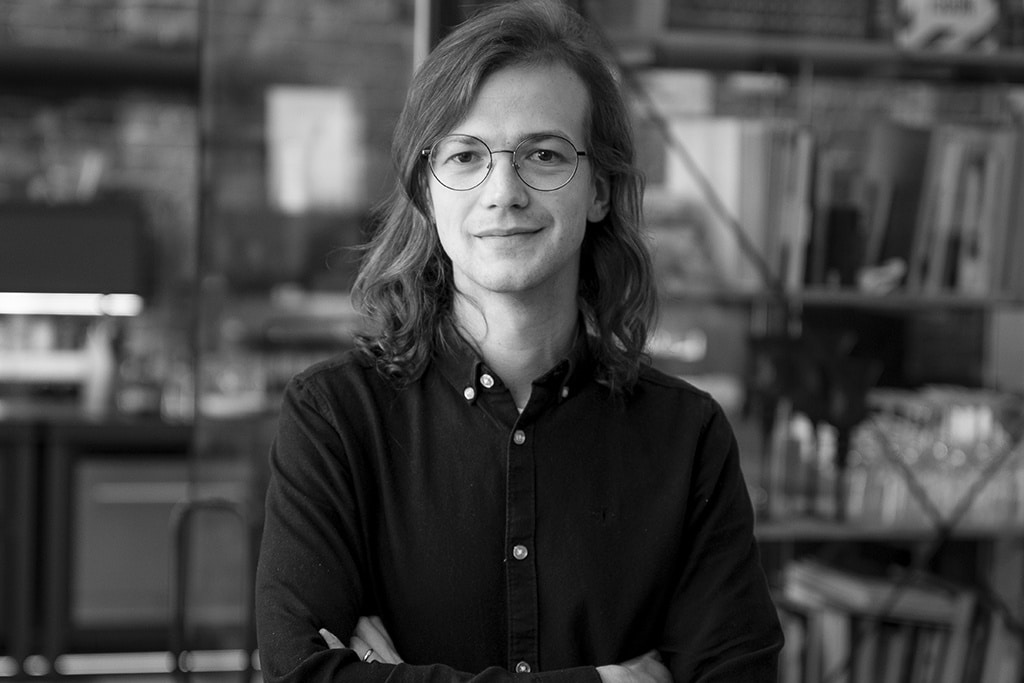
One more thing before we get into it. Here’s the context: SENSE. The New European Roadmap to STEAM education is a large-scale international collaboration for the renewal of education. The STEM approach is complemented by the ‘A’ for ‘arts’ to emphasise creativity and teamwork skills in problem-based learning. The SENSE. network is working towards creating a roadmap for implementing this concept in real life. Velvet is a proud member of the SENSE. network, having already contributed with the brand and website.
Joseph, tell us, why is STEAM important.
J: For a while there was a big narrative around STEM – Science, Technology, Engineering and Maths. I remember a lot of calls for more funding to those ‘proper’ subjects, and that that’s where you need to go to create value, get a real job, and really achieve something. STEAM says we need to include an A – art. In a world where we really value doing things together, collaborating and letting people express their individuality, and where we’re really looking for the value in more “soft” subject, it’s a really exciting step.
Apart from that, I think we all know someone, or have personal experience with education in its current format really failing people. Being too siloed, caught up in convention and not encouraging creativity or collaboration.
I think we all know someone, or have personal experience with education in its current format really failing people.
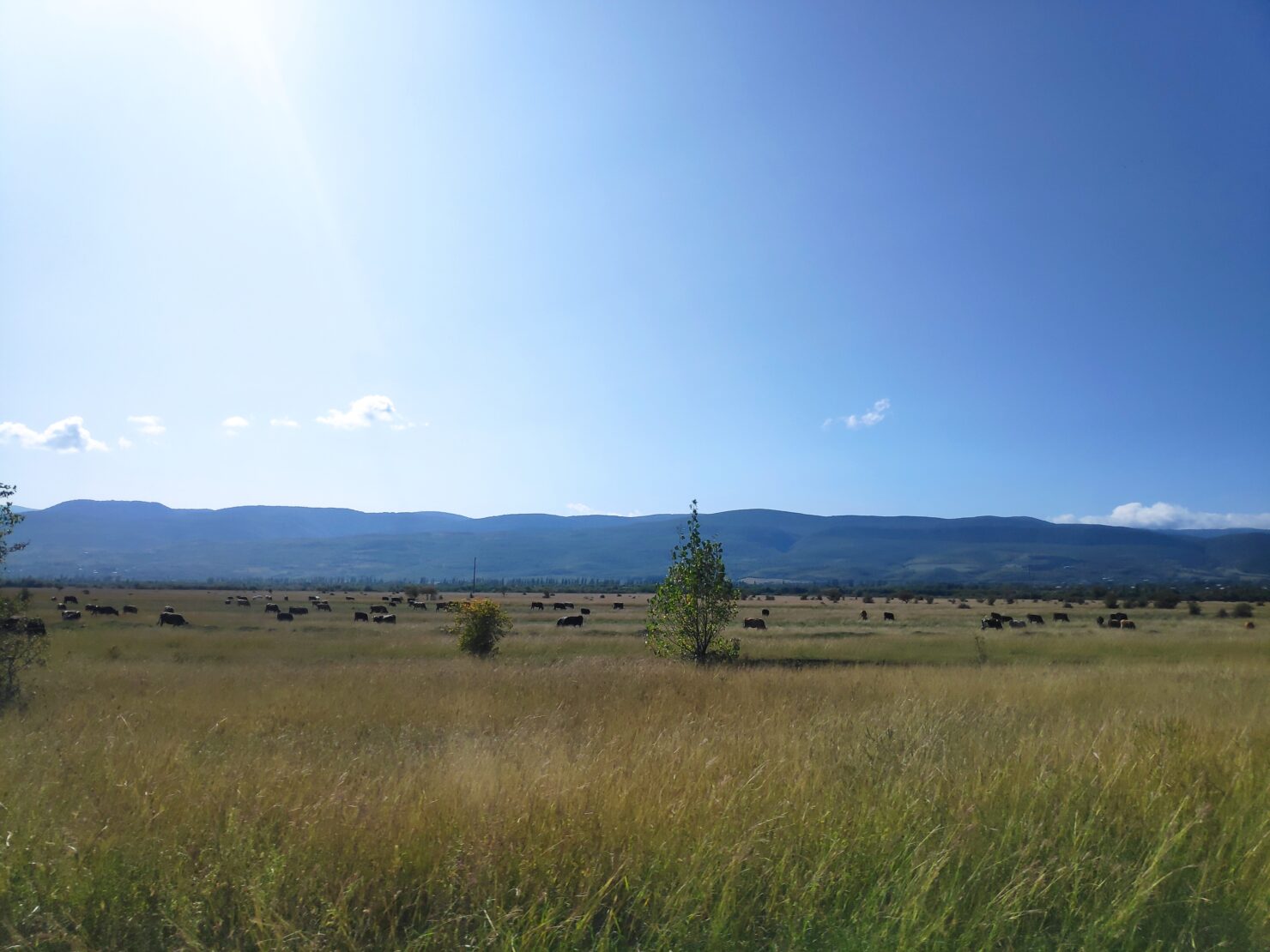
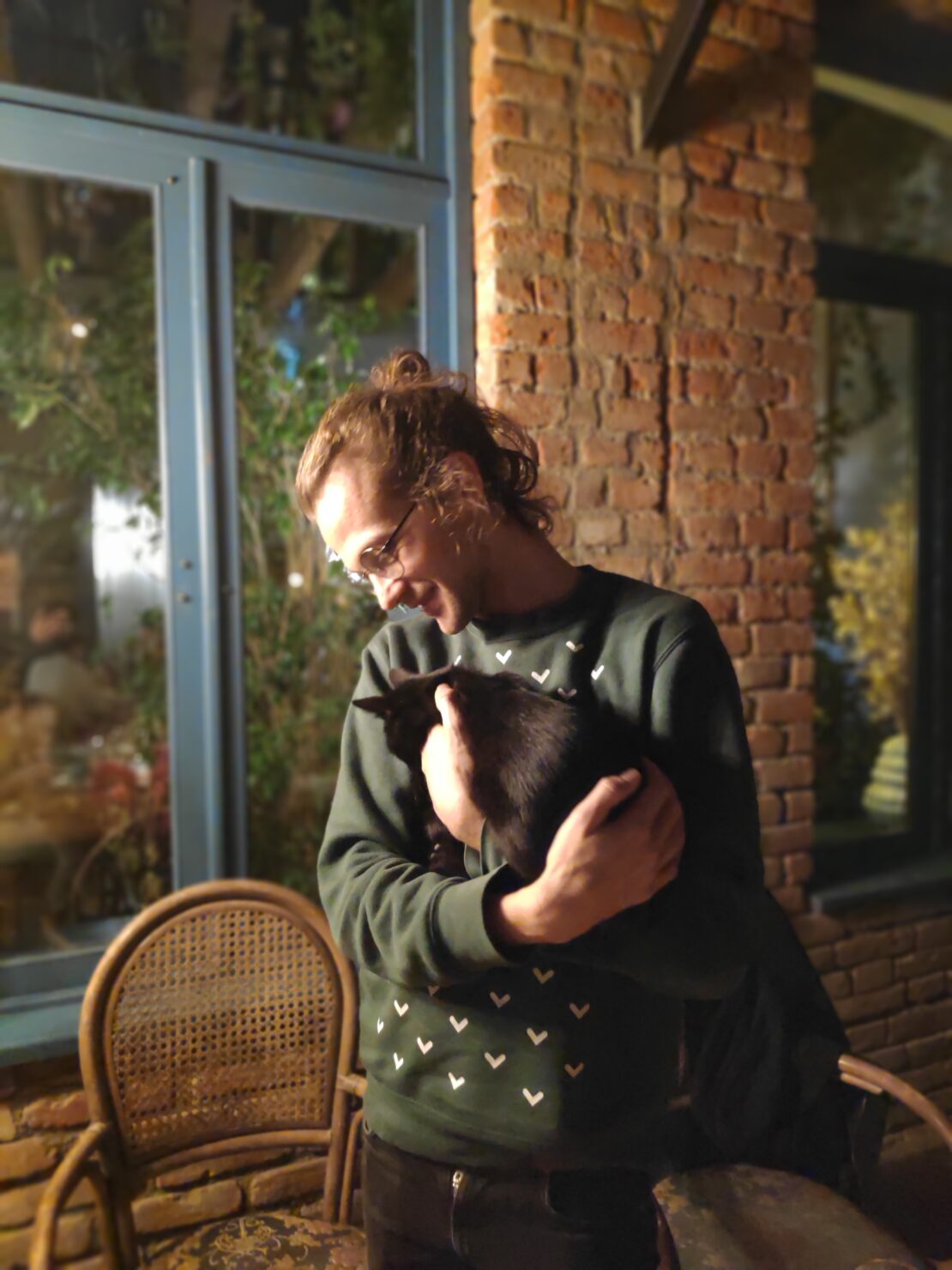
What is this SENSE project anyway? In human language please.
J: In short, we started by collecting methods of how teachers, students and practitioners are practicing STEAM in their everyday education. A method – and manifesto – have been put together, and this is starting to be tested in 10 STEAM labs across Europe (one in each partner country). We’ll talk to the participants, evaluate the results. In the end we’ll use that to create some best practices that can be used across Europe – that’s the roadmap. And to make sure it’s available to all, there’ll be some different digital formats for sharing this. That’s where we come in.
It’s connecting people across Europe, is really interdisciplinary and has the chance to change the way millions of people experience formal and non-formal education.
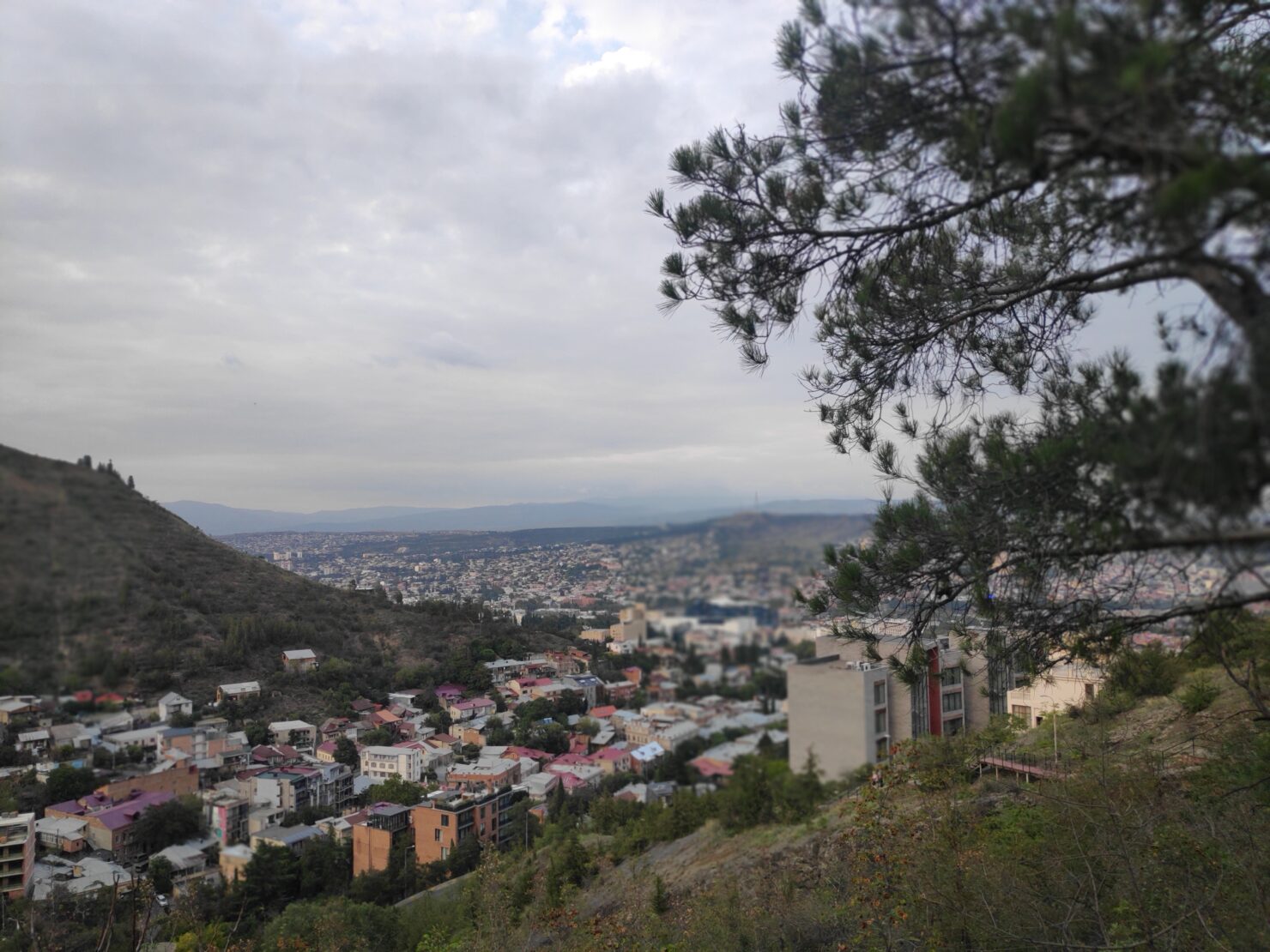
Why did you personally want to do this project?
J: Besides the main coordinator Lydia Schulze Heuling being a brilliant salesperson and networker (only kinda joking) – it just really brought together a lot of things I care about and enjoy doing.
It’s connecting people across Europe, is really interdisciplinary and has the chance to change the way millions of people experience formal and non-formal education.
I’m also a big fan of challenging the status quo, think its important that a small country like Estonia is represented on projects at the European level and can’t help but take the chance to talk about the importance of design and properly used digital tools.
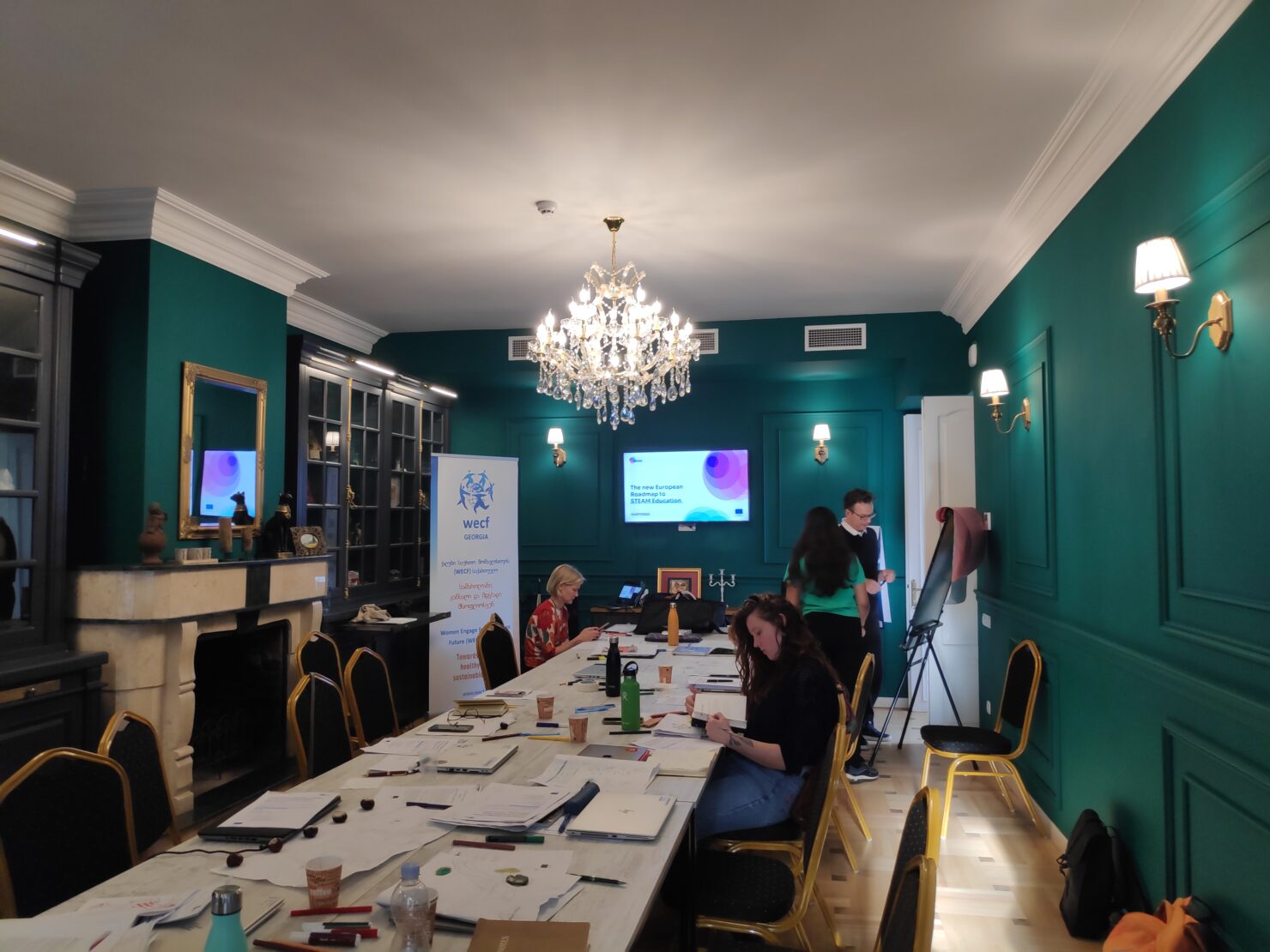
Members of the SENSE consortium:
- Western Norway University of Applied Sciences
- Pädagogische Hochschule Weingarten
- Odyssea
- Creda Onlus
- WECF
- GEYC
- Louvre Museum
- Hawkins\Brown
- University of Barcelona
- and Velvet, obviously
How do the project partners inspire you?
J: Oh wow. Each of them is a specialist, an expert, who is in their own way following their convictions to really do something meaningful. I would even say, they are revolutionaries. That gives me a lot of strength to use my own line of work to keep challenging the status quo and pursuing revolution (my favourite Velvet value is we. speak. up.).
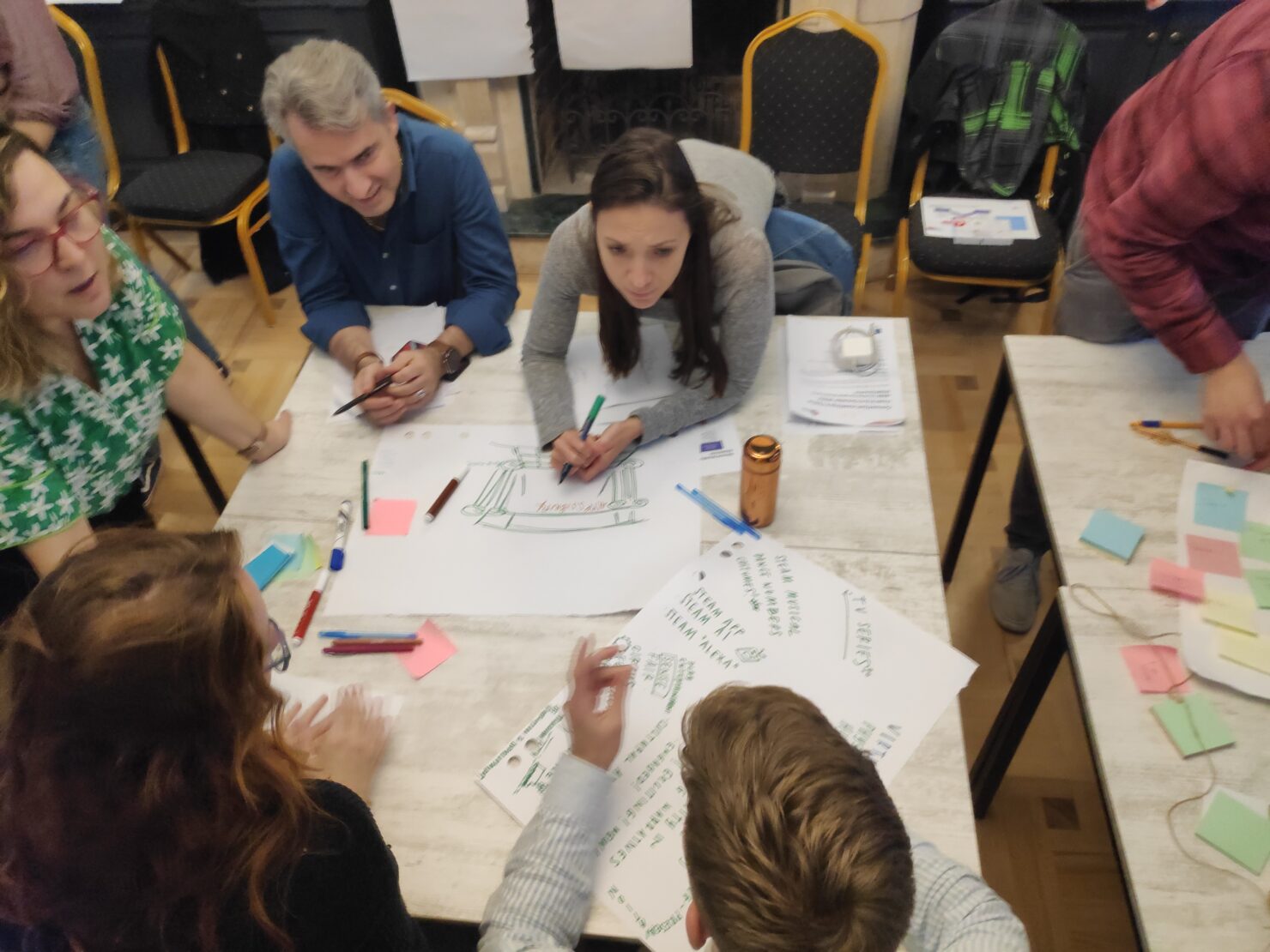
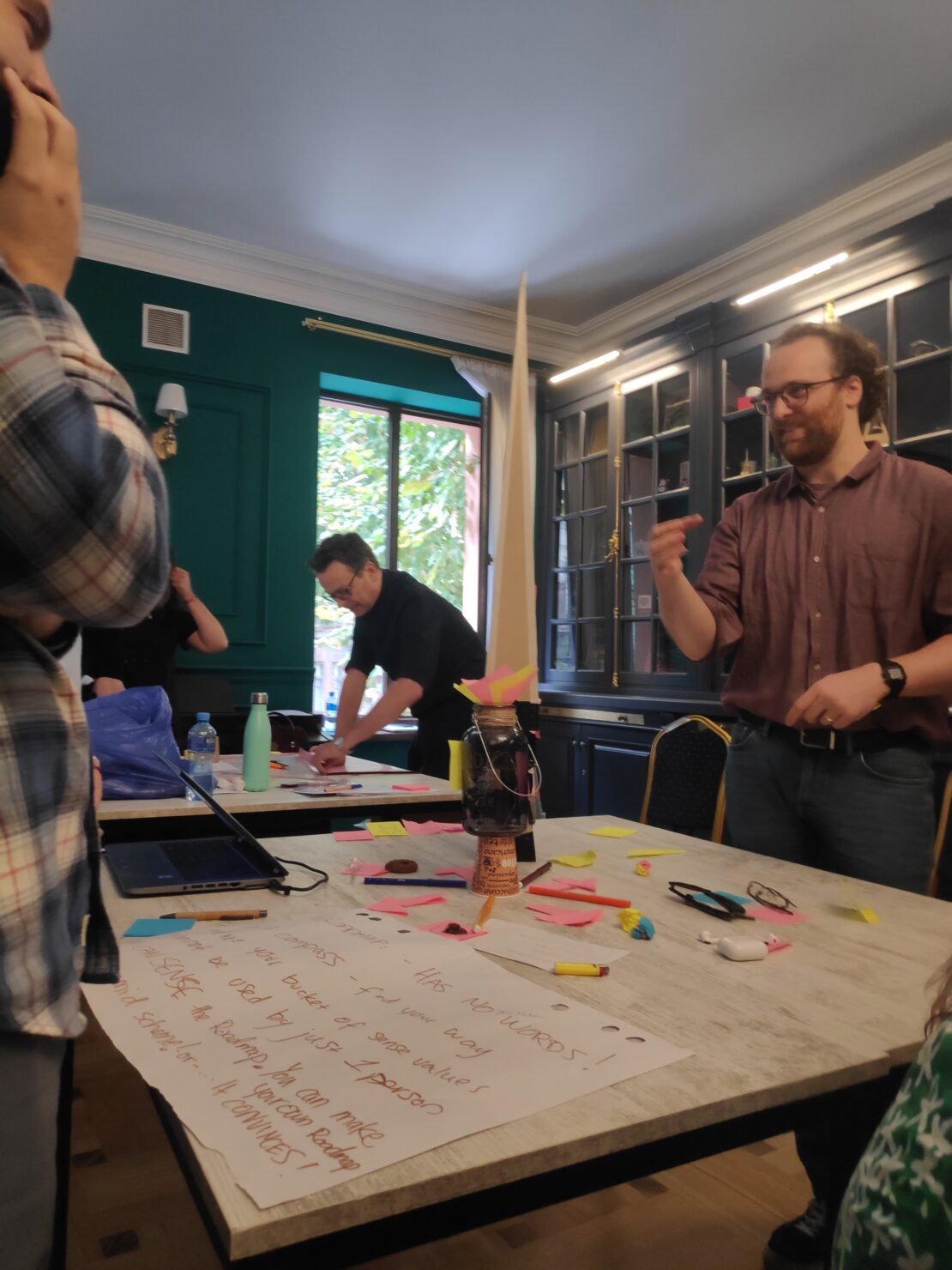
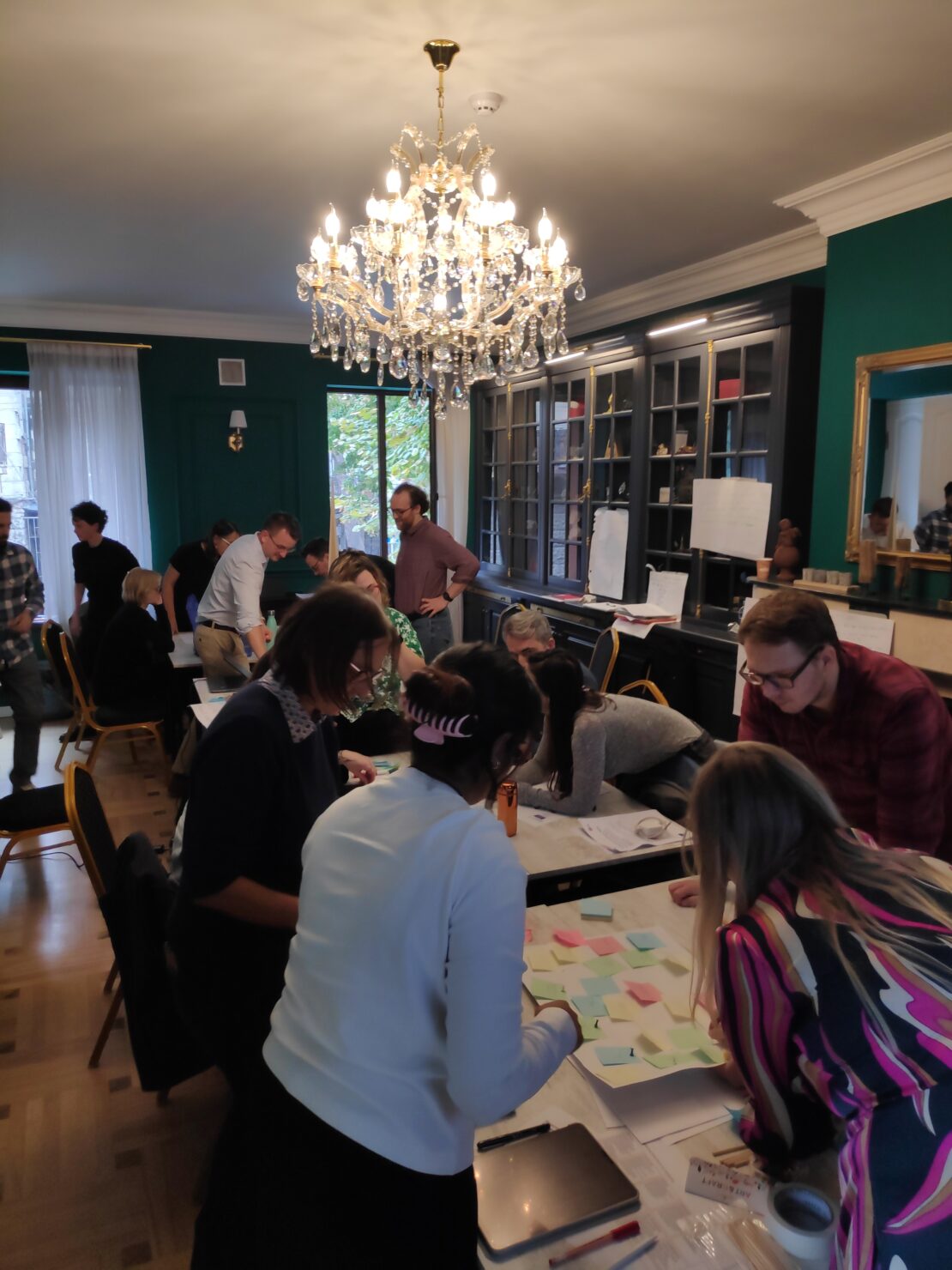
Why would you recommend agencies to take part in cooperative projects? Especially in such long term formats that can present a specific set of challenges.
J: Every time we’ve had a workshop I’ve been blown away by how much can be achieved in an hour. If 20 people take part, in two sessions you’ve achieved someone’s entire working week. But with so much more diversity in ideas and perspectives. If you take that, and keep it going for three years, get to know each other better and keep building on it, that’s something really powerful. And where else would you ever come into contact with such a big range of people?
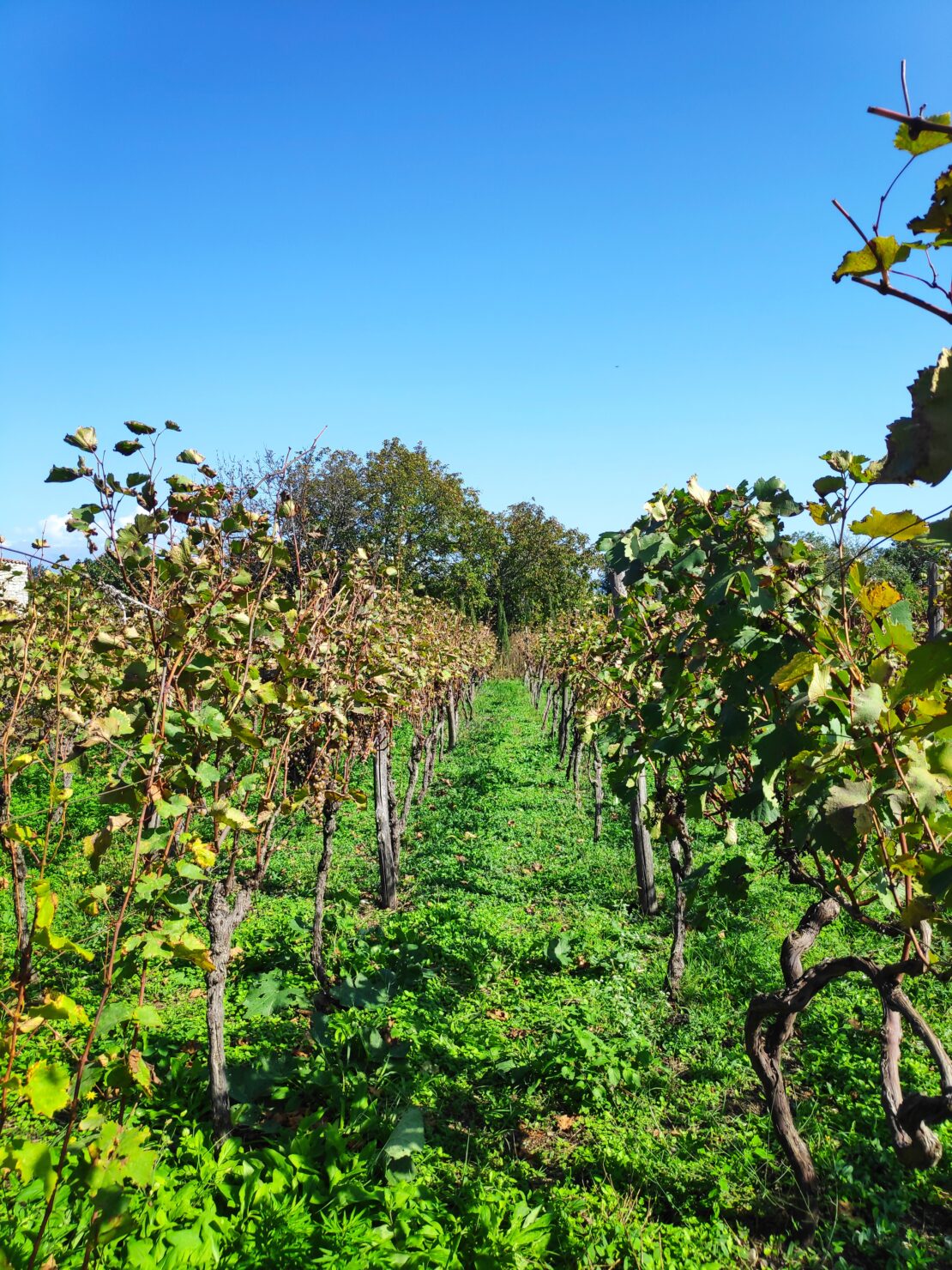
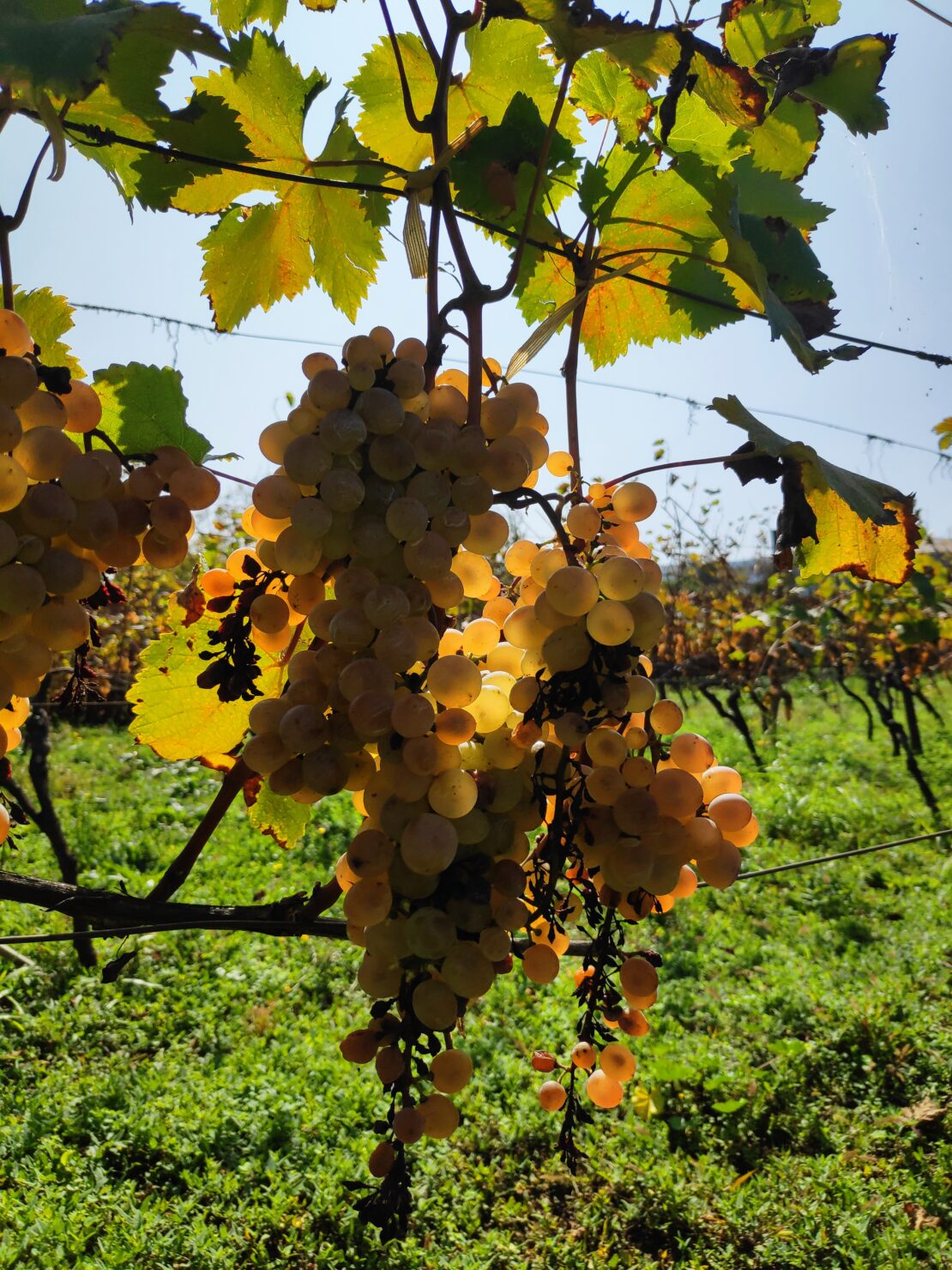
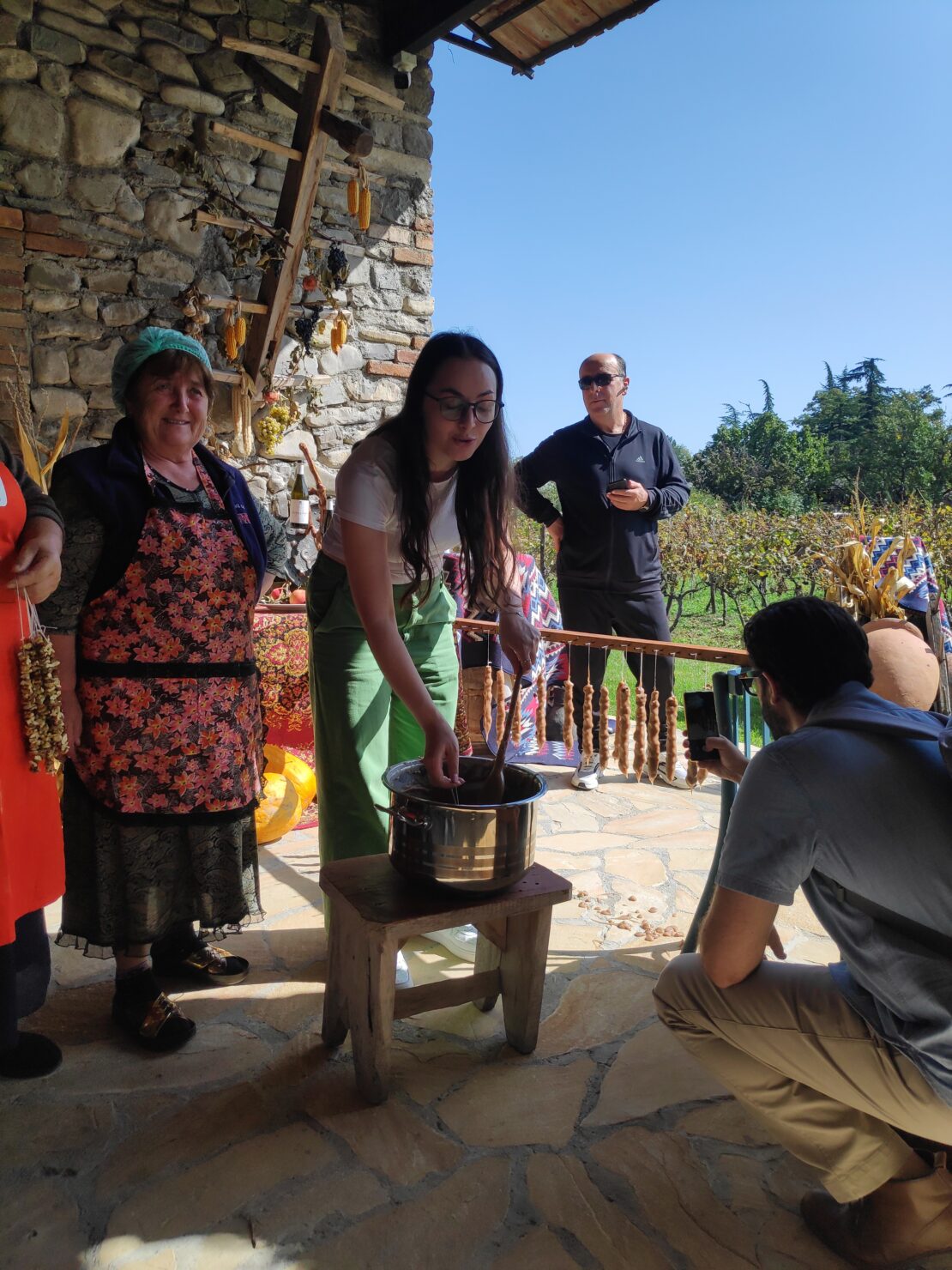
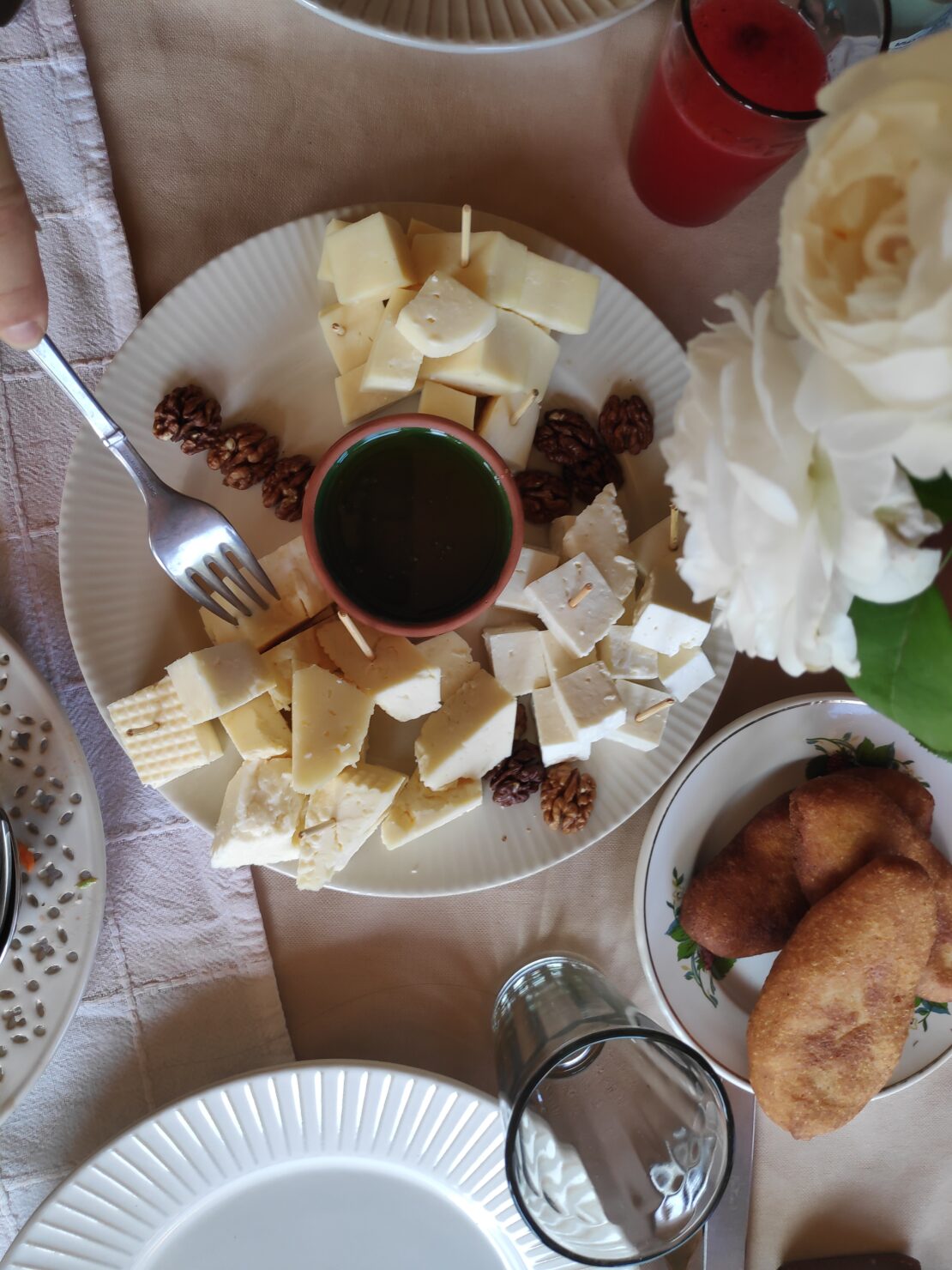
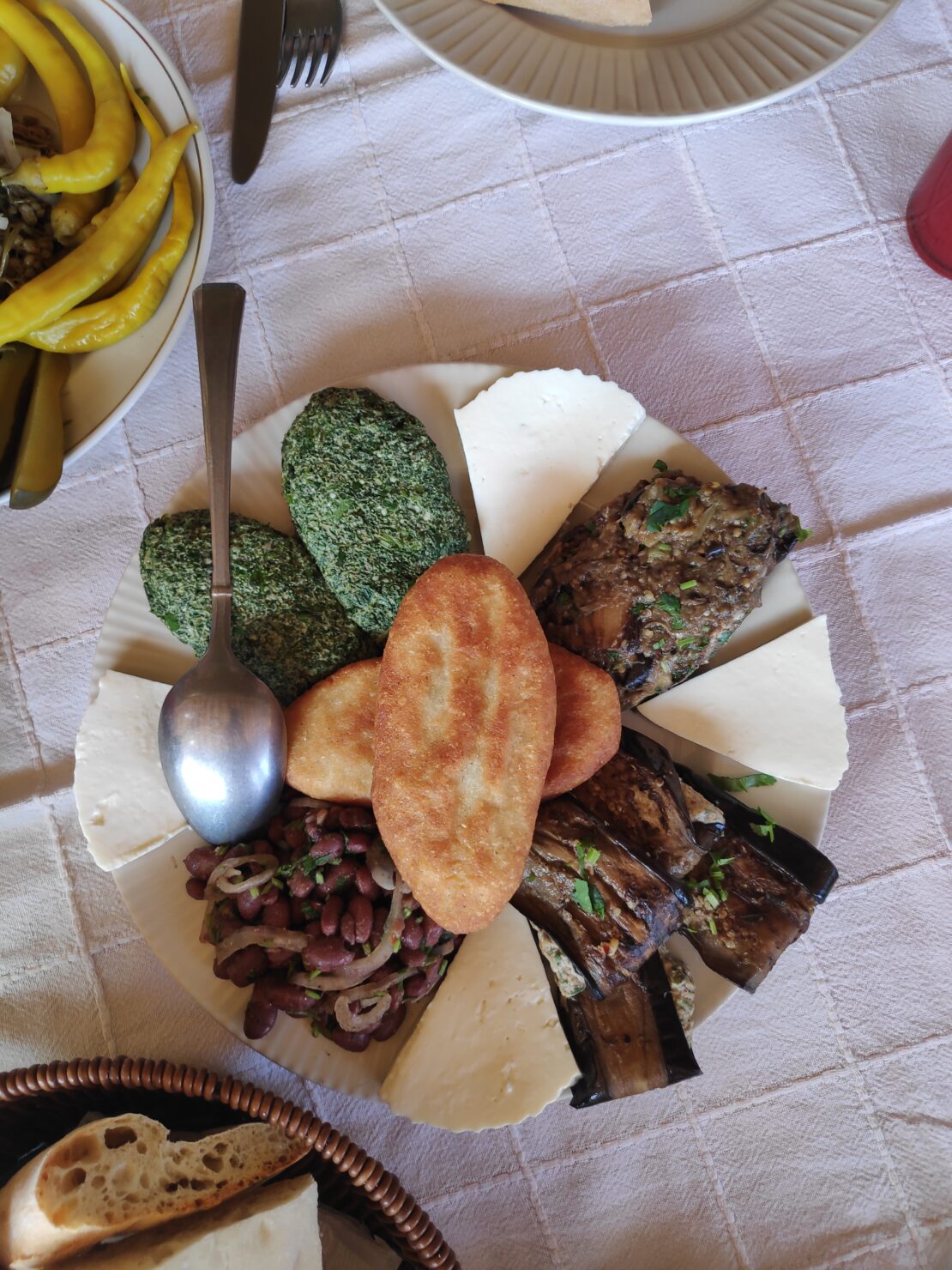
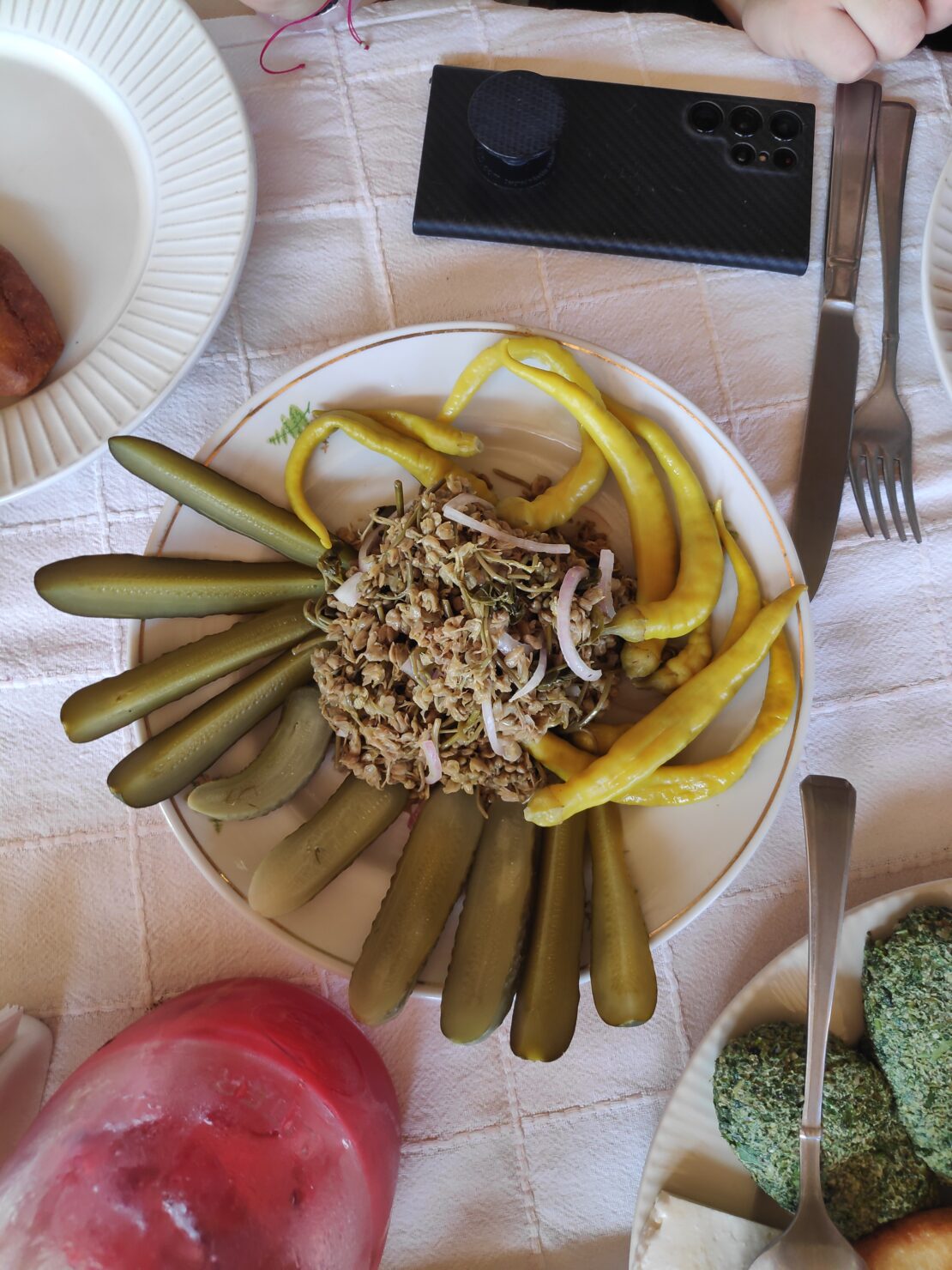
The world is rather horrible lately. Please share something nice from your trip.
J: On the third day it was up to me to lead a workshop with the title Vision for the SENSE.STEAM roadmap. Since that’s basically brining the entire project together and the first time we’ve talked about this step in detail, it was pretty daunting to plan for such a diverse group of people – many of them who teach for a living and have PhDs. I thought about what we’re bringing to the project from Velvet and decided to try to get everyone to be as creative as possible – bring some A to STEAM. For planning my very clever colleague Amid’s (Moradganjeh – edit.) book Anyone can design was a big help. Loosely adapting the design something in 86 minutes workshop and adding a bit of urban masterplanning stuff from my time at architecture school, I got everyone to first think about goals and values before literally make a roadmap – in 3D.
Luckily it seemed to be a big hit and a lot of fun. I sent everyone away with the message that there’s creativity in all of us, and we should avoid saying “I can’t draw” or “I’m not creative” – it becomes a self-fulfilling prophecy and not a great example to the people around us.
There’s creativity in all of us, and we should avoid saying “I can’t draw” or “I’m not creative” – it becomes a self-fulfilling prophecy and not a great example to the people around us.
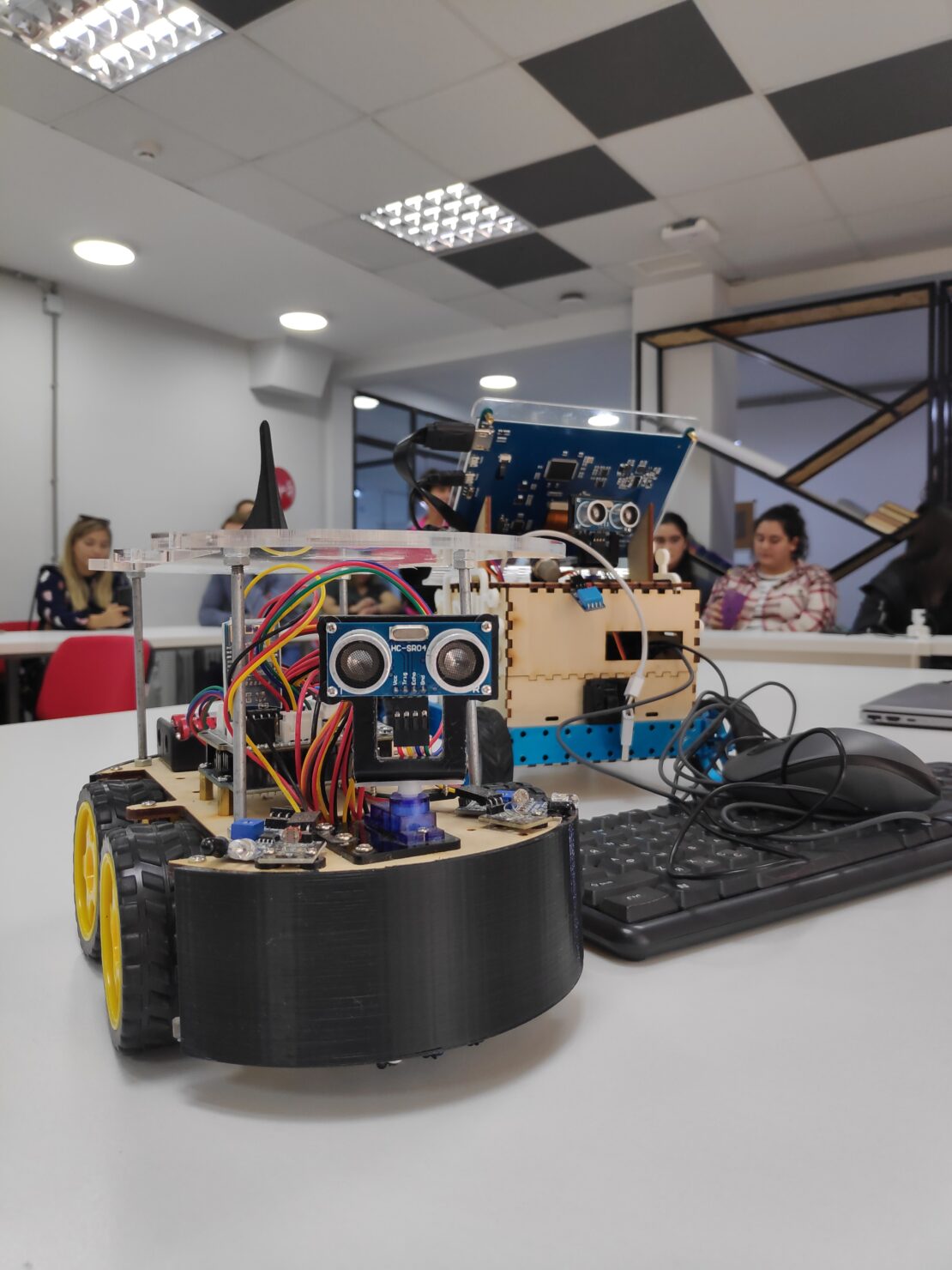
The STEAM of it all
Okay, thanks for shining a light on the seemingly complex topic of SENSE. STEAM. To finish off, for funsies and creativity purposes, lay out the STEAM in your trip.
Science – I was totally inspired, humbled and amazed by an after school programme focused on in Akhmeta, about 100 kilometres from Tbilisi. They focused on getting girls interested in technology and are already doing amazing stuff with coding, robotics and animation. Our Georgian partners WECF do great work with them.
Technology – I rode the metro every morning and I’m still totally fascinated by underground systems. Also kinda proud to see Estonian tech in the form of bolt.
Engineering – one afternoon I took a walk to the Tbilisi TV tower – it’s a pretty impressive structure and the views to the city are worth the hike
Arts – it was hard to escape the creative ways locals are sharing their support for Ukraine.
Mathematics – the age old joy of splitting the bill after a group dinner and Lari-Euro calculations.
Find more personal musings of Velvet’s team from our blog or head straight into examples of design, if you’re not much of a reader. Although you made it to the end, didn’t you 🖖
…well, diligent readers already notice we have used the exact final words before.